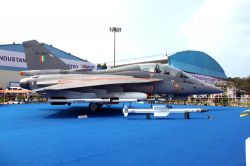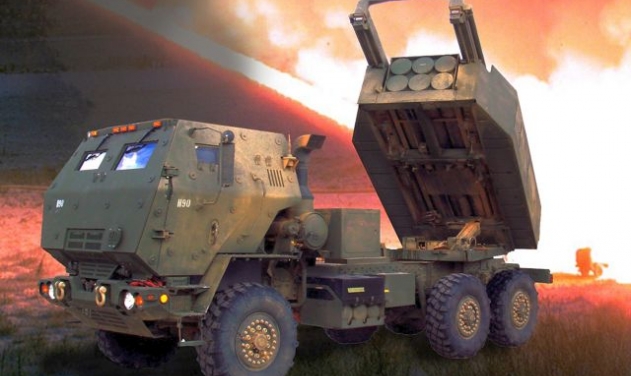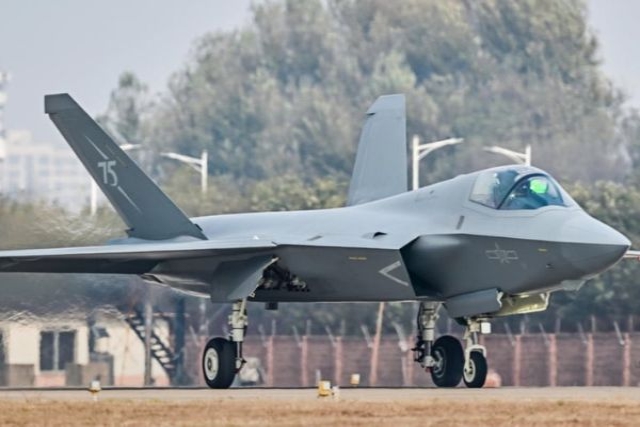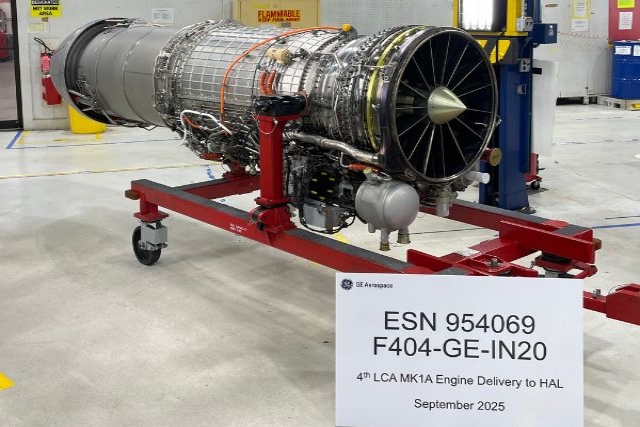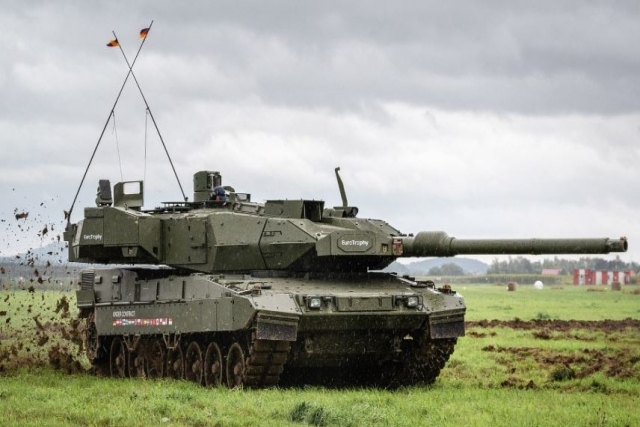Rafale Exports May Spell Production Headache for Dassault

Even as Dassault basks in recent sales success of the Rafale, it might be hard pressed to scale up production to meet the 84 export orders besides its existing commitment to the French Armed Forces.
Dassault has successfully sold 84 Rafale fighter jets this year to Egypt, India and Qatar. Its success was very much on display at the Paris Air show 2015 where it welcomed its new plus potential international customers.
Delegations from Saudi Arabia, the UAE, Malaysia, Finland, Kuwait and Belgium showed interest in the aircraft at the show. However, with present production capacity pegged at eleven fighter jets a year, taking up more orders can only make it difficult to fulfill existing commitments.
With 48 firm export orders from Egypt and Qatar plus the 36 expected Indian order to be delivered by 2021, Dassault will have to ensure a production rate of three aircrafts a month, a three –fold expansion of its existing Rafale production capacity. Even if Dassault manages to do so, will the 500 aerospace suppliers that participate in the fighter program known as the Groupe Inter Entreprises (Inter-Companies Group) be able to cope up with the speeded-up production?
Urgent delivery requests, reliability of many OEM suppliers and the French Air Force’s operational needs are the major hurdles for Dassault to increase the production of fighter jets and deliver them on time.
Egypt has demanded speedy delivery of six aircraft by this summer. Dassault has decided to take these aircraft from the ones meant for the French Air Force. This would mean more than six months’ production and a delay in supplying to French Air Force. The Air Force as of now operates 90 Rafales with an operational rate of 47.7 percent. The Air Force however can only use no more than thirty at any given time due to maintenance issues.
France is also eyeing to divert Rafale jets from its own military production in order to fulfill international orders. If the Indian contract for 36 aircraft is signed soon enough, then it will further strain the Rafale production line.
The Dassault group could easily double the production of the Rafale in case a third contract (with India) was signed, Dassault CEO Eric Trappier had said in May this year. "There is one production line but we will increase output if we sign a third contract," Trappier had told reporters when asked whether Dassault planned to add a second assembly line.
"For now we have the first two contracts which fit into our existing production, because France is substituting export planes for its own planes," he had said last month. However given the complexities involved in the manufacture of a sophisticated aircraft such as the Rafale, even increasing production by one aircraft would involve substantial investment in components, assembly, testing and certification.
In 2014, the French government had planned to cut down the number of Rafale for the Air Force and Navy from 2016 due to budgetary constraints as it needed export orders to maintain a minimum annual output of 11 aircraft. France plans to deliver 26 Rafales to the services under the 2014-19 military budget law.
